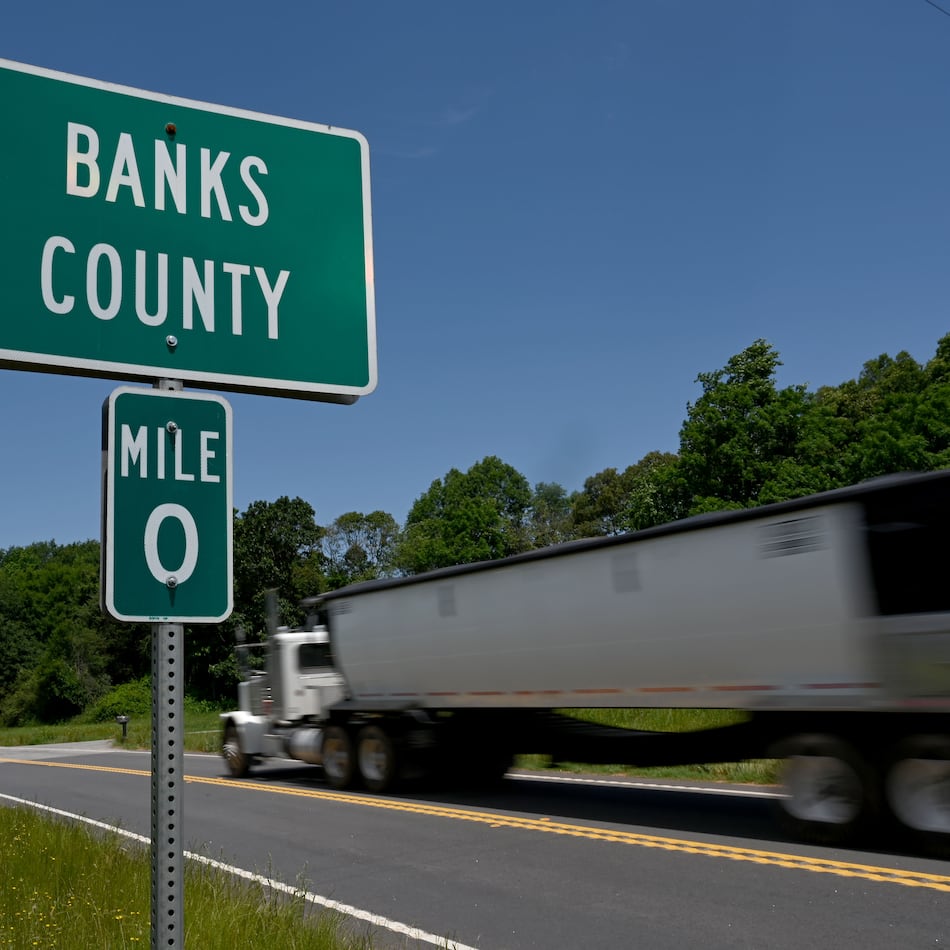Manufacturers of chemicals that make pesticides, fertilizers and herbicides for crops will soon be shielded from Georgians who say the companies did not sufficiently warn consumers of health risks.
The Georgia Legislature passed legislation that aims to protect Bayer from lawsuits where customers have claimed there were no warnings that the popular weed killer Roundup could cause cancer.
Gov. Brian Kemp signed Senate Bill 144 last week. It will take effect July 1. The governor of North Dakota signed similar legislation last month, making Georgia the second state to establish the protections.
The law says product labels approved by the U.S. Environmental Protection Agency must be considered a sufficient warning of potential harm. Manufacturers would not be shielded from lawsuits if the company “knowingly withheld, concealed, misrepresented, or destroyed” relevant information on health risks to obtain approval.
The law is written broadly enough to provide legal protection in Georgia to any pesticide manufacturer that follows federal labeling requirements.
Bayer, the parent company of Roundup producer Monsanto, is facing billions of dollars in lawsuits from people who claim the weed killer gave them cancer, including a recent jury verdict that awarded $2.1 billion to a Georgia man. Bayer said it plans to appeal the verdict.
Critics of the law argued that it would make chemical companies unaccountable for the harm their products might inflict. They accused Bayer of trying to use state legislatures to shield themselves from liability they acquired when they bought Monsanto in 2018. Bayer purchased Monsanto after the first lawsuits had been filed and a major health organization raised concerns of Roundup’s cancer risk.
Supporters of the bill said companies rely on vetting by federal regulators. Those regulators have diverged from international bodies in their assessment of the cancer risk posed by certain substances.
The law is part of a broader effort Kemp led this year to shield companies from what some have called nuisance lawsuits and to put caps on how much juries can award people it deems have been harmed.
Editor’s note: The story has been corrected to state that Bayer plans to appeal, but has not yet appealed.
About the Author
Keep Reading
The Latest
Featured





